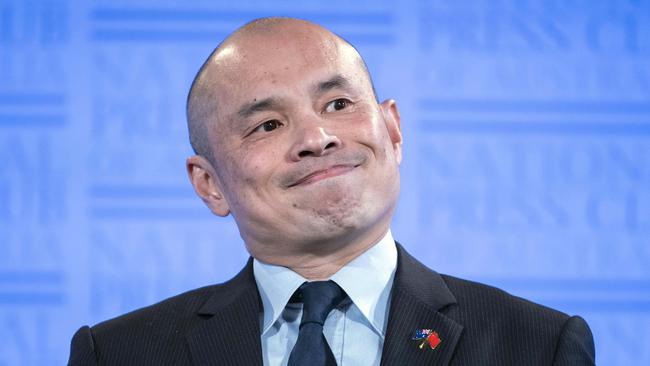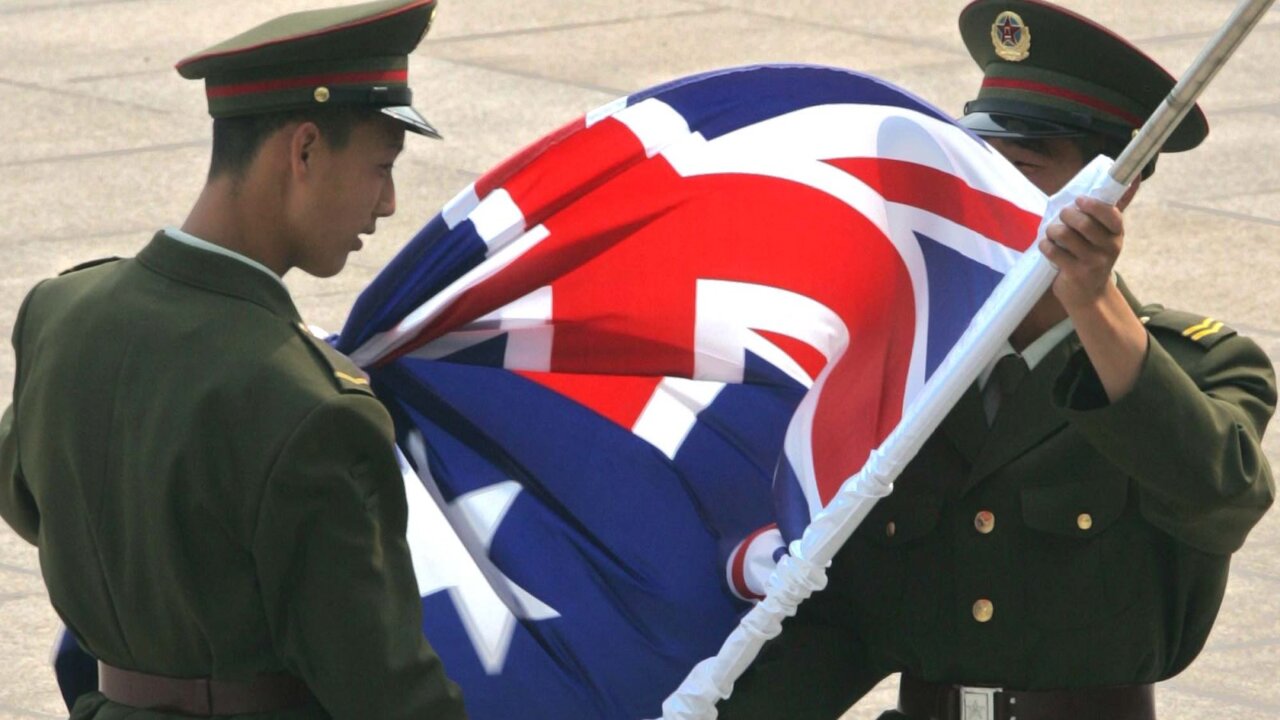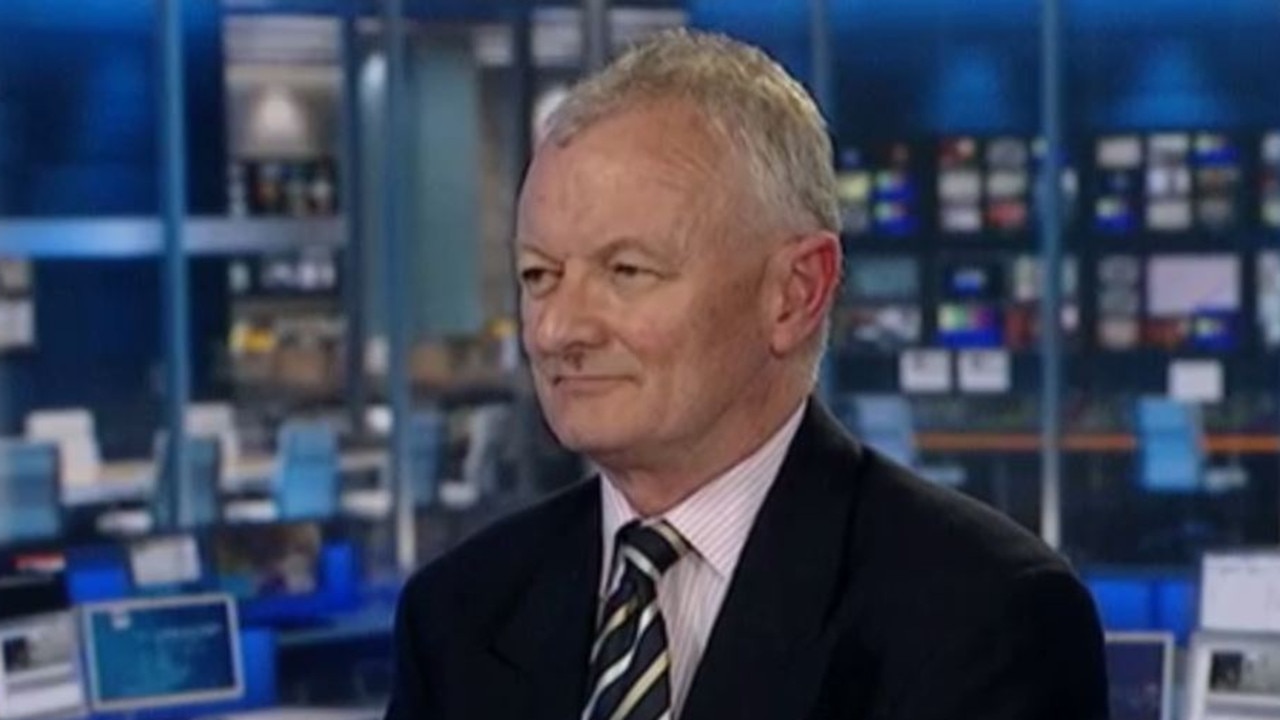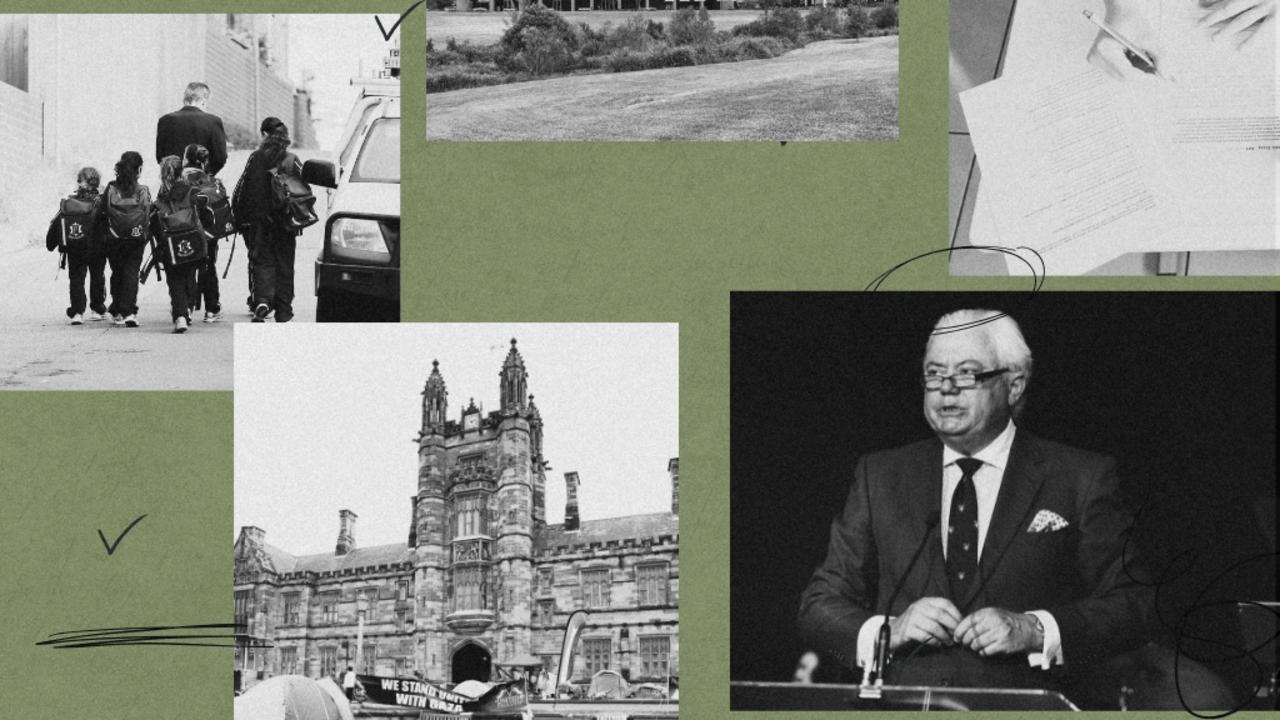
China’s deputy ambassador, Wang Xining, deserves thanks and even some praise for speaking to the National Press Club and taking unscripted questions from impertinent journalists.
Communist regime officials never have to do this at home and seldom do it abroad.
And his prepared speech was a mostly conciliatory, or at least not downright hostile, celebration of the Australia-China partnership, especially the economic partnership.
This is a sharp contrast to the Wolf Warrior style of Chinese diplomats recently and is welcome as far as it goes. But when it came to question time, the communist diplomat was confronted with facts not part of the party narrative.
As a result, he had to say ridiculous things that plainly do not correspond with reality. He sounded like a Soviet diplomat from the 1950s, trying forlornly to bend the truth to the mighty will of the party.
How can there be a comprehensive strategic partnership between the two nations when Australian cabinet ministers cannot get their phone calls returned by their Chinese counterparts, he was asked.
Oh, well, you see it’s been very busy at the time of the virus and anyway we are not aware of any unreturned phone calls, was the gist of his reply.
This is plainly ridiculous.
Simon Birmingham has complained long and loud about the refusal of his Chinese counterpart to pick up the phone or return his call.
Is the Chinese diplomat implying that Birmingham is suffering some kind of hallucination?
Communist parties have never accepted the objective nature of reality. They always want it to conform to the party’s will. But that works only in societies where the party is all powerful. Otherwise, reality is very stubborn.
Mr Wang said many things that are patently ridiculous.
China, he said, never interferes in Australian politics. So the embassy didn’t organise bus loads of pro-Beijing demonstrators around the Olympics?

The consul-general in Queensland didn’t praise pro-Beijing demonstrators who harassed pro-Hong Kong demonstrators? ASIO’s warnings to political parties about donations coming from Chinese sources aligned to the Communist Party and seeking favourable outcomes for Beijing are all baloney?
There are many other examples of Chinese interference in Australian politics on the public record.
Similarly, he said Australia might lose business if it indulged imported and unfounded security concerns about foreign companies. So is every Western intelligence agency wrong in assessing Beijing as the source of massive cyber attacks?
What then is the purpose of China’s National Intelligence Law compelling all Chinese companies to co-operate with Beijing’s intelligence and security agencies in all matters?
Mr Wang said Australia had “hurt the feelings of the Chinese people” by calling for an independent inquiry into the origins of COVID-19.
To “hurt the feelings of the Chinese people” is a favourite slogan of Beijing in recent years. It was a distinctive feature of Soviet Cold War ideology to think and speak in party slogans, forming sentences, as George Orwell put it, by bolting slogans together like a meccano set.
Similarly, he made the absurd charge that Canberra was interfering in Chinese politics by expressing concern for the human rights of the people of Hong Kong, even though Beijing promised in a solemn, binding treaty, lodged with the UN, not to do what it is doing in Hong Kong.
Mr Wang is a very capable diplomat but the Chinese state has never been able to work very effectively in a democratic context.
Democracies, you see, or at least their free citizens, have this stubborn attachment to reality.




